Throughout history, many incredible books have been lost to time, leaving us with only hints of their existence through references, summaries, or fragments. Some of these works are considered legendary, not only for their content but for the mystery that surrounds their disappearance. Whether they were destroyed, misplaced, or hidden, these lost manuscripts continue to captivate scholars and readers alike, sparking hopes that they may one day be recovered. This article explores the most famous lost books that could still be out there, waiting to be rediscovered.
The Yongle Encyclopedia by Various Scholars
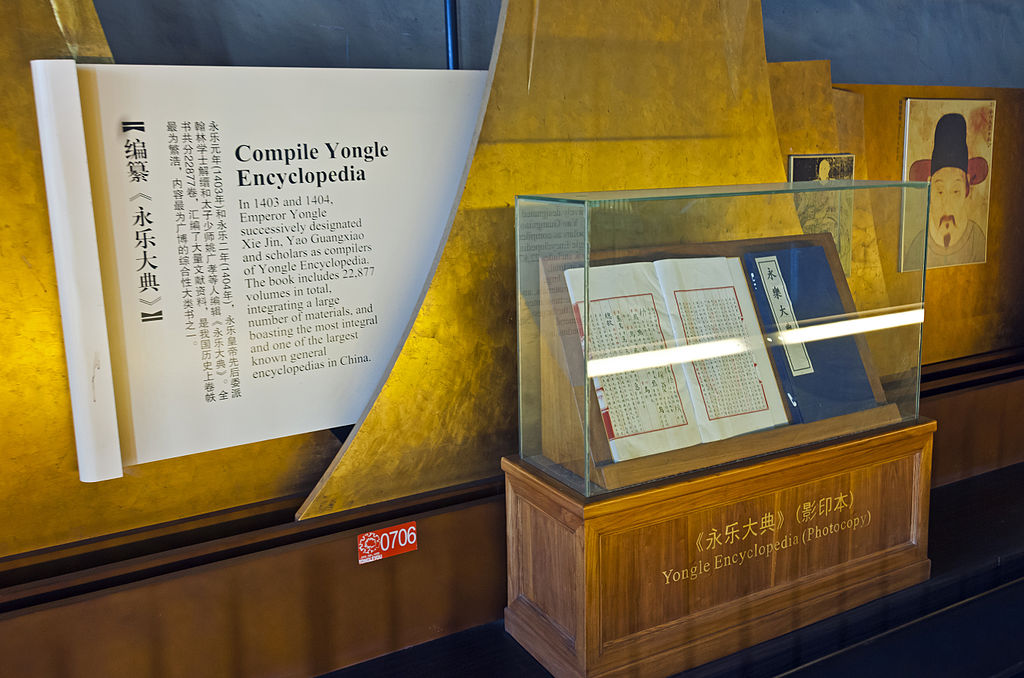
The Yongle Encyclopedia, compiled between 1403 and 1408 by scholars under the Ming dynasty’s Yongle Emperor, was once the largest encyclopedia in the world. It contained over 22,000 chapters covering everything from history and literature to astronomy and medicine. Only one copy of the original was made, with further volumes commissioned later by the Jiajing Emperor. It suffered severe losses when British and French forces looted and burned sections of it during the Second Opium War in 1860. Today, only a few hundred volumes of the Yongle Encyclopedia remain, and there is hope that some missing sections may still be out there. Its discovery would be a monumental recovery for Chinese cultural history, providing an invaluable resource on ancient knowledge.
The Inventio Fortunata by an Unknown Author
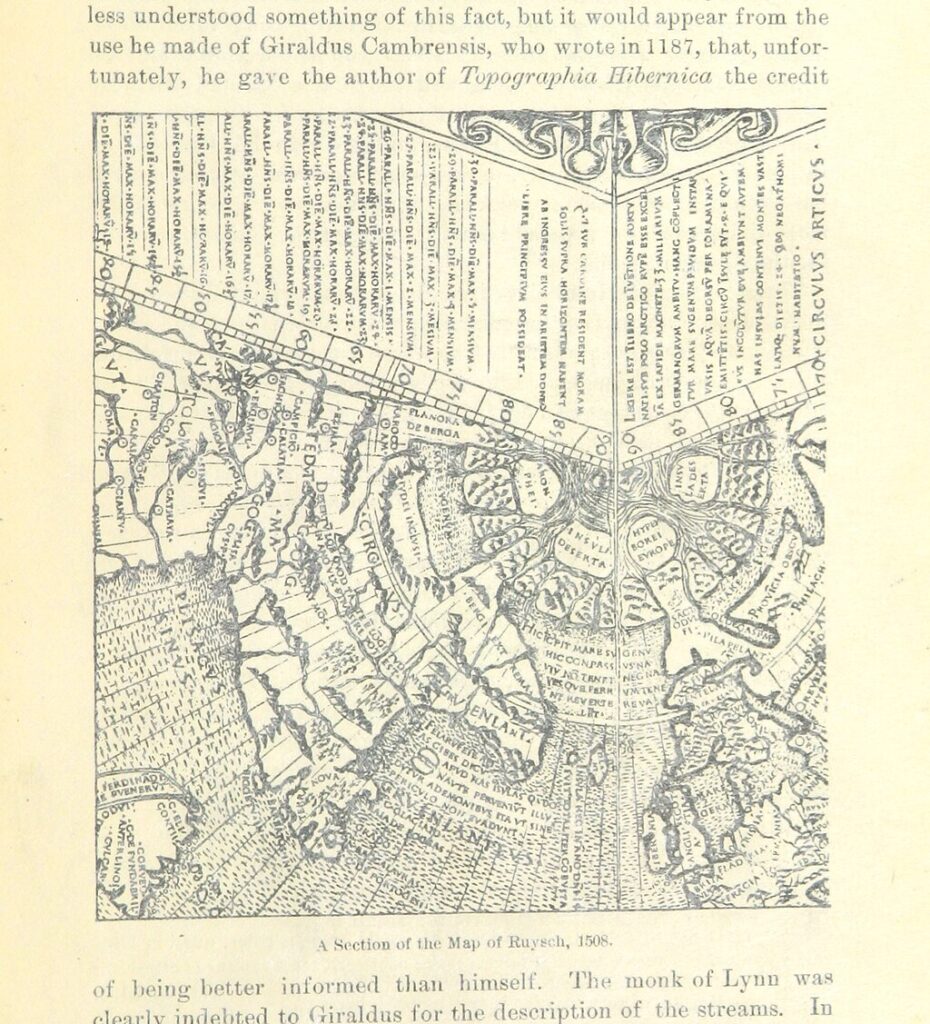
The Inventio Fortunata is a mysterious book supposedly written by a 14th-century Franciscan monk. It describes the geography of the Arctic, including a whirlpool at the North Pole and magnetic islands. It was mentioned by later scholars, including cartographer Gerardus Mercator, who used its descriptions in his world maps. However, no copies of the original text have survived, and what we know of it comes from summaries by other authors. Its loss has sparked numerous theories about what the Arctic truly looked like before modern exploration. Scholars and adventurers alike continue to search for the Inventio Fortunata, believing that it could provide lost medieval knowledge about one of Earth’s most remote regions.
Sanditon by Jane Austen

Jane Austen’s unfinished novel Sanditon was left incomplete at the time of her death in 1817. The story follows Charlotte Heywood, a young woman who visits a coastal town being developed into a fashionable resort. She completed only 11 chapters before her health declined, leaving the plot unfinished. Several writers have attempted to complete the story in her style, but none have captured her unique voice or wit. If the original conclusion to Sanditon ever surfaces, it would be a monumental discovery for literary scholars and fans alike. Though the novel is incomplete, it showcases her evolving style and her ability to critique societal trends.
The Strange Case of Dr. Jekyll and Mr. Hyde First Draft by Robert Louis Stevenson
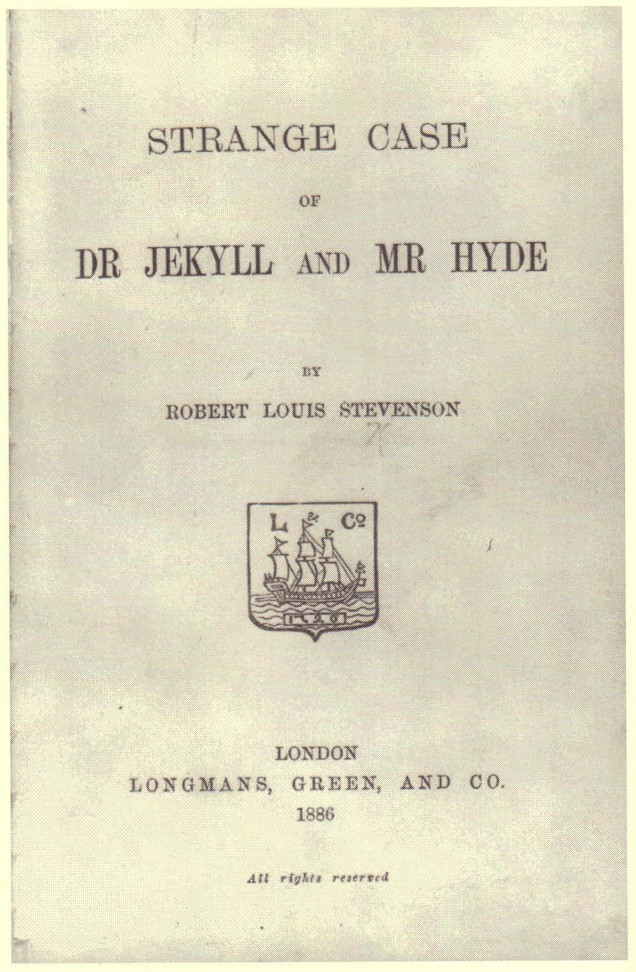
The original draft of Robert Louis Stevenson’s The Strange Case of Dr. Jekyll and Mr. Hyde was destroyed by his wife, Fanny, who criticized it as nonsense. He wrote the first draft in a feverish three-day burst, but she believed it lacked depth and symbolism. She burned the manuscript, urging him to rewrite it with a clearer moral focus. He obliged, producing the version of Dr. Jekyll and Mr. Hyde that became a literary classic. Though the rewritten work has become famous, the lost first draft would have offered a fascinating glimpse into his initial vision.
The Sibylline Books by the Sibyls

The Sibylline Books were a collection of prophetic texts held in ancient Rome. These books, believed to have been written by the Sibyls, were consulted in times of crisis to guide Roman leaders. The original collection was destroyed in 83 BC when the Temple of Jupiter burned down. Some surviving fragments were later compiled into a new set of books, but these too were eventually lost. They were said to contain prophecies about the fate of Rome and the wider world. Finding any remaining portions would offer an unprecedented look into the religious and political life of ancient Rome.
On Nature by Anaximander

Anaximander, a pre-Socratic Greek philosopher, wrote a treatise titled On Nature, which has been lost except for a few fragments. It is considered one of the earliest attempts to explain the origins of the cosmos and the natural world without relying on mythology. Anaximander proposed that the Earth floats freely in space and that life emerged from the sea. His groundbreaking ideas were centuries ahead of their time, laying the foundation for later scientific thought. The recovery of it would be a major event in the history of philosophy, shedding light on the intellectual developments of early Greece.
The Chronicle of Eusebius by Eusebius of Caesarea
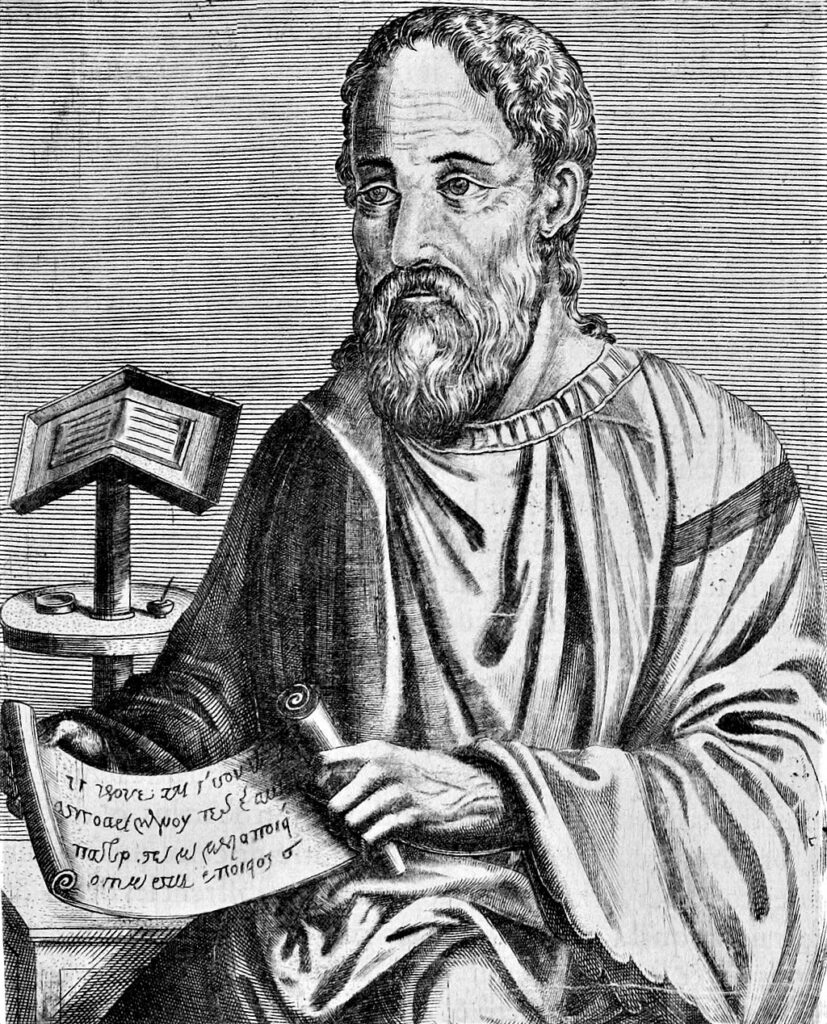
Eusebius of Caesarea’s Chronicle was a historical account of the world from creation to the early 4th century AD. The original Greek text is lost, though portions survive in Armenian and Latin translations. His work was one of the first attempts to create a universal history, linking biblical events to secular history. It was highly influential in the development of Christian historiography. The discovery of the complete Greek text would fill a significant gap in our understanding of early Christian thought and its relationship to the classical world.
On the Ocean by Pytheas of Massalia
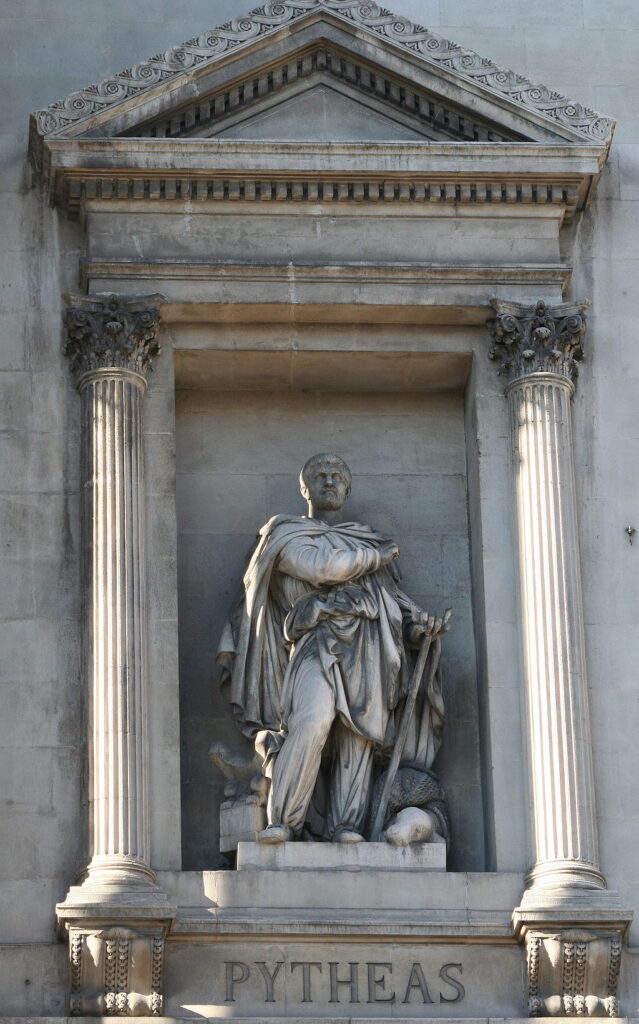
On the Ocean was written by Pytheas, a Greek explorer from Massalia (modern-day Marseille), in the 4th century BC. He is believed to have been one of the first Mediterranean explorers to reach the British Isles and possibly even Iceland. His book detailed his travels and the peoples and landscapes he encountered, but no copies of the original manuscript have survived. Later historians such as Strabo and Pliny the Elder referenced His accounts, though they often dismissed them as fanciful or exaggerated. The discovery of On the Ocean would provide a rare first-hand account of early exploration in northern Europe and insights into ancient geography.
This article originally appeared on Rarest.org.
More from Rarest.org
16 Hidden Waterfalls in the Most Unexpected Places

Waterfalls are often associated with scenic landscapes and popular tourist spots. However, some of the most breathtaking ones are tucked away in unexpected places, offering a hidden gem for those who love adventure. Read More.
10 Forgotten Action Figures That Are Now Hot Collector’s Items
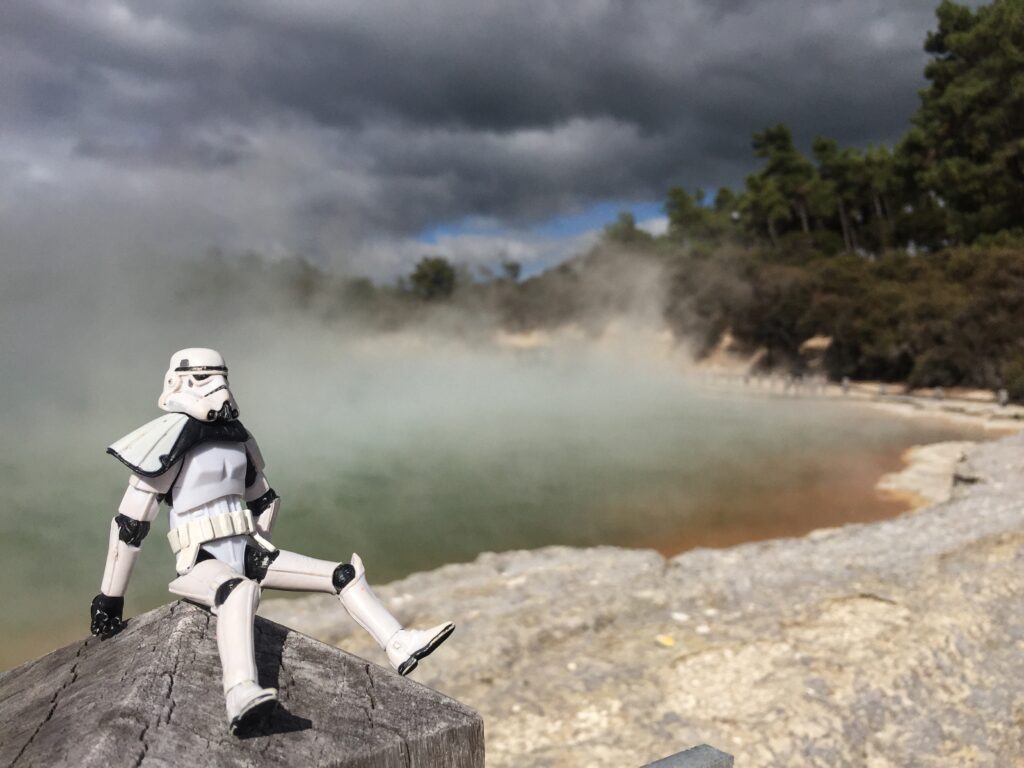
Many nostalgic toys from the past have resurfaced as sought-after collector’s items. Fans treasure these forgotten action figures for their unique designs and the memories they evoke. Read More.
15 Unique Freshwater Species Living in Isolated River Systems

Freshwater ecosystems often host species found nowhere else in the world. Isolated river systems, in particular, are home to a wide variety of unique species that have adapted to their environments in remarkable ways. Read More.
